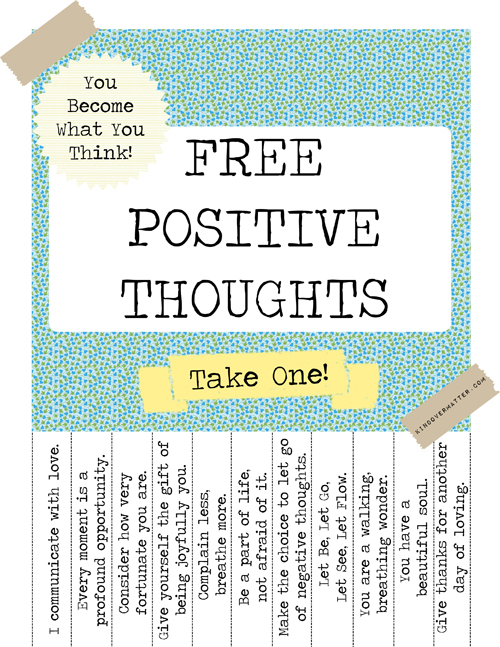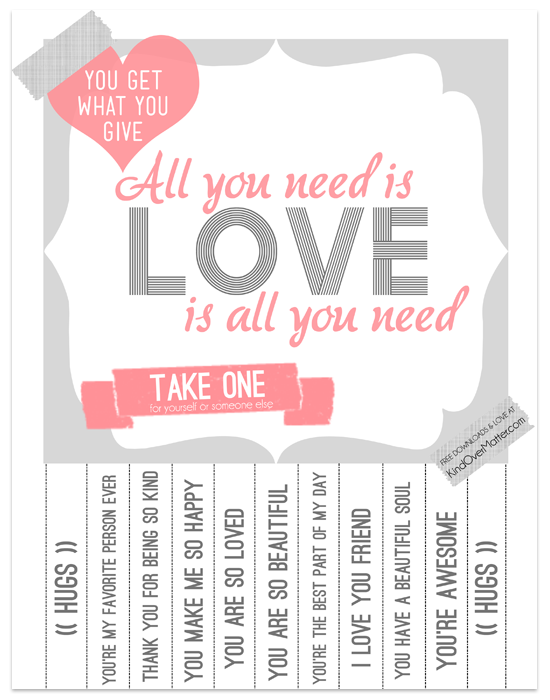(a warning for sexual slang terms in this post)
At our most recent Committee on Special Education (CSE) meeting day, we held a reevaluation for a young lady in 8th grade, T, who is classified as Emotionally Disturbed. Her special education teacher and Social Studies teacher, Mr. W, were in attendance. Mr. W is a distinguished African American guy in his early 30s who the students look up to as a mentor in the sense that he "got out" and "made something" of himself. He not only teaches Social Studies, but also life skills and lessons that meet the kids where they are. He's so well-spoken, I could listen to him talk all day (plus his voice is buttery smooth). But I digress...
Mr. W was telling the story about his first day back from medical leave and his first encounter with T:
Mr. W: "I was lecturing on the Civil War and how the slaves that could not escape to the North still supported the Northern soldiers in the South. I asked the class to tell me examples of this, and the students were discussing how the slaves sabotaged Confederate weapons, brought food and supplies to the Northern soldiers... all valid points. T responded, "Yeah mister, and they nutted in they food."
Me: 0_o
Mr. W: "The other students were appalled and didn't know what to say, and I have to admit, I was shocked as well..."
Social Worker, interrupting: "Wait, I'm sorry. What happened to their food?"
CSE Chairperson: "Yes, did she mean poison?"
Me (in head, hiding behind laptop): Oh no.
Mr. W: "Oh, um. [pause] Uh... they ejaculated in their food."
Social Worker and CSE Chairperson: "OH OMG!"
Sweet T, thank you for the spectacularly embarrassing laugh we all shared after that revelation. I don't think I've ever seen two naive older ladies in their 50s turn so red, though I probably shouldn't be proud of the fact that I knew it really meant. Chalk it up to experience working in the proverbial trenches! It sure broke up the exhausting monotony of a full day of CSE meetings...
Don't forget to check out and "Like" my Facebook page!




